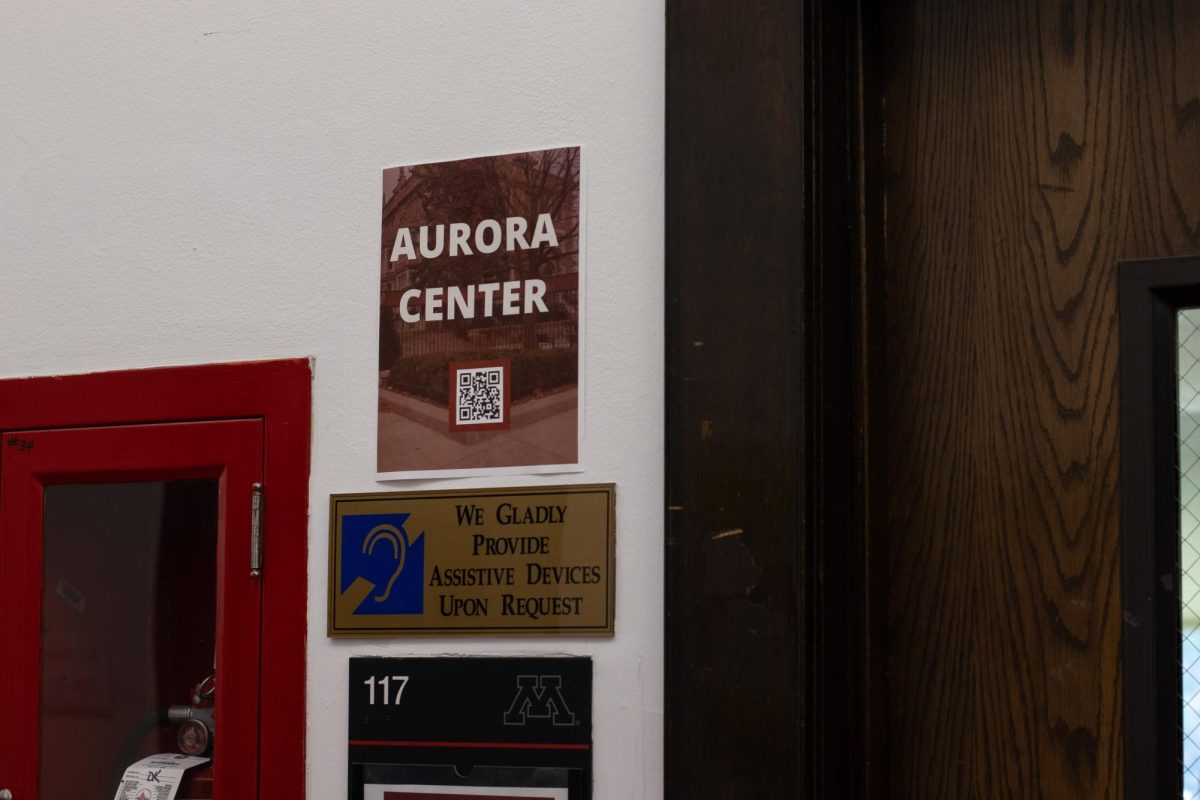This letter to the editor was written in response to an article published on Jan. 27.
Sonja Kleven’s Jan. 27 article highlighted limited perspectives largely suggesting that proposed amendments to University alcohol sponsorship and licensing policies would benefit our students and local brewers. I am not convinced that our Board of Regents (BOR) believes this and instead perceived that they balked at the proposed changes, raising considerable concerns.
On Dec. 11, the BOR raised near unanimous hesitation about the minimal financial gain and potential damage to the University’s image, as well as a strong interest in protecting student, campus, and community health and safety — and several had already received public concerns.
During the meeting, six Regents and the Chair challenged the potential, limited revenue as an unconvincing benefit, further alluding to increased costs across campus health, safety, and community offices and groups creating an unnecessary long-term deficit even beyond the potential expense of costly incidents involving alcohol.
More important missing context from the article was the fact that the BOR cited student health and safety concerns as a prominent consideration. There is a myriad of negative, evidence-based consequences likely to result from these amendments that were not adequately addressed, including:
- Alcohol advertising increases the likelihood that young people will start to drink and will drink more. (More information and sources can be found here, here, here, here and here.)
- Promoting alcohol use through sponsorship and advertising would negatively impact the health of students and the campus community. (More information and sources can be found here, here, here and here.)
- Allowing alcohol sponsorship and advertising would undermine work to prevent substance misuse and abuse, prevent sexual misconduct, promote mental health, support people in recovery and create an inclusive, welcoming environment for all. (More information and sources can be found here, here, here, here, here, here, here and here.)
- Any increase in student alcohol use, misuse or abuse will result in increased economic costs.(More information and the source can be found here.)
- Alcohol sponsorship and advertising run counter to recommendations from a range of national and international health organizations as well as the Drug-Free Schools and Communities Act Amendments of 1989. (More information and sources can be found here, here and here.)
The concerns of Regents Rosha and Simonson, respectively, resonate with me: “Does this make sense for us?” and “I, right now, have a hard time understanding why we want to go down this road.”
This is likely to only be the beginning of an increased relationship with Big Alcohol and reversing or reeling it back would be undoubtedly challenging. The University has made immense improvements and has seen decreased high-risk drinking among students; this would be a step in the wrong direction.
This letter to the editor was submitted by Ashley Mitchell, an instructor with the Rothenberger Institute, the Division of Epidemiology and Community Health and the School of Public Health.
This letter has been lightly edited for style and clarity.








